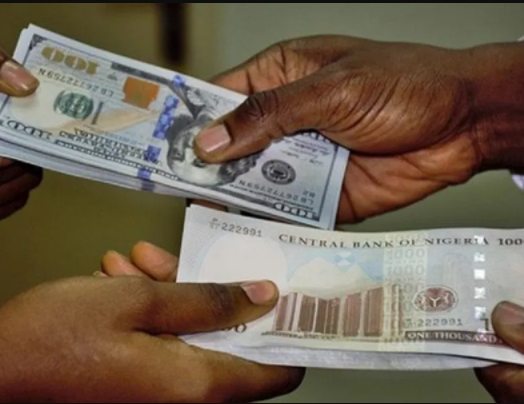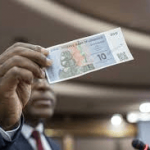In a significant move aimed at stabilizing Nigeria’s fluctuating foreign exchange (FX) market, the Central Bank of Nigeria (CBN) has introduced new guidelines for the sale of FX by Bureau De Change (BDC) operators. This comes after a 25-month ban on such sales and signals the CBN’s determination to address the currency volatility that has plagued the nation.
The decision to lift the ban is part of the CBN’s strategy to bring more stability to the Nigerian economy. The BDC operators, which are instrumental in the country’s FX ecosystem, were previously prohibited from engaging in FX transactions, contributing to market turmoil.
The move is seen as an attempt to curb the thriving parallel market where the naira’s exchange rate has been experiencing significant fluctuations. The CBN aims to bridge the gap between official and parallel market rates by allowing BDC operators to participate again.
Under the new guidelines, the CBN has stipulated that BDCs can buy and sell FX within a range of -2.5% to +2.5% of the average FX window rate from the previous day. This measure is expected to control excessive rate fluctuations and encourage more consistent FX pricing.
To further regulate the process, BDC operators will be required to submit periodic financial reports through the Financial Institution Forex Rendition System (FIFX). This step is aimed at enhancing transparency and monitoring in the FX market, with the intention of preventing any potential manipulation.
The move has ignited discussions within economic circles. Some experts view the reintroduction of BDCs as a step towards increasing the supply of FX in the market, which should theoretically help ease the pressure on exchange rates. However, concerns have been raised about the potential impact on inflation if the influx of FX through BDCs is not carefully managed.
The decision to lift the ban comes amid efforts by the CBN to unify the multiple exchange rates that have been causing market distortions. Despite previous attempts to achieve rate unification, the central bank has struggled to meet FX demand, leaving the parallel market as a significant source of supply.
As the CBN navigates these changes, all eyes will be on the performance of the FX market, and whether the reentry of BDC operators will indeed contribute to the desired stability and eventual unification of exchange rates.










